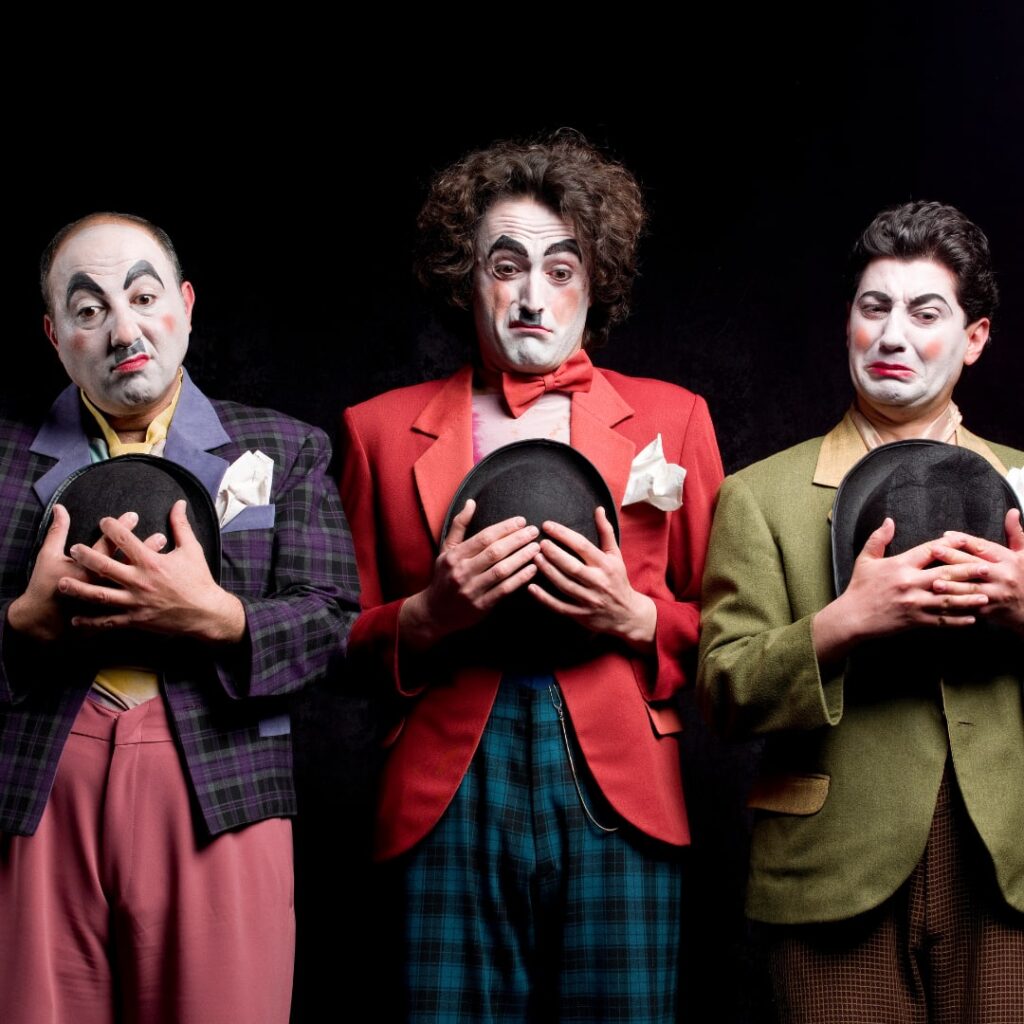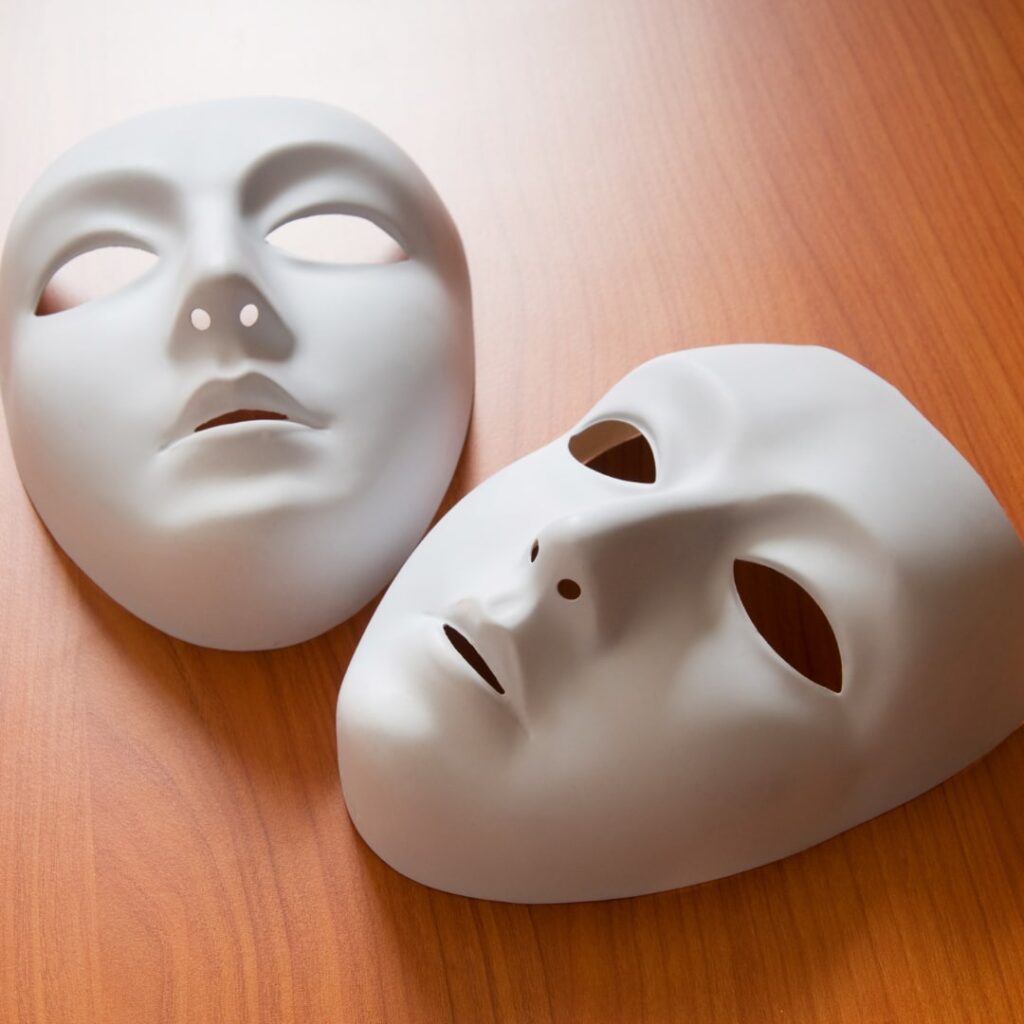People often have a lot of questions about characterization. Some of them are easy to answer while others can be more complicated.
This article will address seven of the most frequently asked questions on characterization and provide some answers that might make your storytelling easier.
1. What is Characterization?
This is the very first question on characterization that comes to our mind when we start acting. Characterization is the process by which an actor reveals the personality of a character.
In literature, characters are often revealed through their dialogue, actions, thoughts, and feelings. Adding to this, Internal characterization is what the character thinks and feels; external characterization is what the character says and does.
2. What Are The Most Common Types Of Character Traits?
There are many different types of character traits, but some of the most common ones include:
- Physical traits: These are the physical characteristics of a character, such as their appearance, height, weight, etc.
- Personality traits: These are the character’s personality traits, such as their temperament, disposition, etc.
- Intellectual traits: These are the character’s intellectual qualities, such as their knowledge, wisdom, etc.
- Emotional traits: These are the character’s emotional qualities, such as their passion, love, hatred, etc.

3. How Do I Use Character Traits To Develop Complex Characters?
One of the best ways to develop complex, interesting characters is to give them strong character traits. Character traits are defined as the qualities or attributes that make up a person’s personality.
Everyone has character traits, both good and bad, that make them who they are. When you’re creating a fictional character, you get to choose what traits they have.
You can also use existing literary or pop culture characters as inspiration, or you can make up your own totally original character.
There are endless possibilities when it comes to choosing character traits, but it’s important to pick ones that will help further the plot and contribute to the overall story.
For example, if your story is a romance, you might want to give your love interest the trait of being passionate. Or if your story is a mystery, you might want to give your detective character the trait of being observant.
It’s also helpful to create characters with opposing traits so they can bounce off of each other and create conflict. For example, if one character is outgoing and another is introverted, that can create interesting tension and dialogue between them.
Once you’ve decided on some strong character traits for your characters, you need to figure out how those traits will manifest themselves in their behaviour and actions. What does a passionate person look like? How do they speak? What kind of things do they get excited about? Answering these questions will help bring your characters to life and make
4. When Should I Create Physical Descriptions For My Characters?
The physical description of a character is one of the first things that should be established when you are creating a character.
This is because the physical appearance of your character can give the audience a better understanding of who the character is and how they interact with the world around them.
There are a few different times when it can be helpful to create physical descriptions for your characters. The first is when your character is first introduced.
This is especially important if the character is going to be a major player in the story. Establishing what they look like right from the start can help the audience connect with them and follow their story more easily.
Another time when it can be helpful to create physical descriptions is when your character undergoes a significant change. This could be something like growing older, gaining or losing weight, or suffering an injury.
Showing how your character looks after these changes can help the audience really understand how they’ve been affected by what’s happened to them.
Finally, it can also be helpful to include physical descriptions sparingly throughout the course of a story. This can serve as a reminder to the audience of what the characters look like, without going into too much detail all at once.
Ultimately, it’s up to the actor to decide when and how often to include physical descriptions of characters in their writing. There are no hard and fast rules, so experiment and see what works best for you and your story.

5. Am I Forgetting Important Details When I Focus On Just One Trait?
When you focus on just one trait, it’s easy to forget important details about your character. Here are some questions to ask yourself to make sure you’re not forgetting anything important:
- What does my character look like?
- How does my character speak?
- What are my character’s mannerisms?
- What is my character’s backstory?
- What motivates my character?
- What do other characters think of my character?
When do descriptions help a story and when can they slow a story down?
Descriptions help a story by providing the audience with information about the characters, setting, and plot. They can slow a story down if they are overly long or detailed, or if they are used to an excessive extent.

6. Does Giving All My Characters Quirks Make Them Too Much Alike?
One of the most common questions we receive about characterization is whether giving all of your quirks to your character will make them seem too much alike. The answer to this question is both yes and no.
On one hand, if every character in your story has the same quirk (e.g. they all love dogs), then yes, they may come across as too similar.
However, if you mix and match different quirks for each character (e.g. one loves dogs, one is afraid of them, one hates them), then you can create a more well-rounded and interesting cast of characters.
It’s important to remember that even small quirks can make a big difference in how a character is perceived by the audience.
So, even if you’re worried that your characters might seem too alike, don’t be afraid to give them each a few unique quirks that will help them stand out from the rest.
Also Read: This Is Why Your Acting Is Not Improving

7. Do I Need Character Sheets For Each of My Roles?
Character sheets are not required for every role, but they can be very helpful in keeping track of all the important information about your characters.
If you are new to role-playing games, or if you just want to try something different, character sheets may be just what you need.
Conclusion
I know you must be having more questions on characterization which need to be answered. Through this blog, I hope I was able to answer some of your questions on characterization. Let me know if you want a more detailed blog on characterization.





